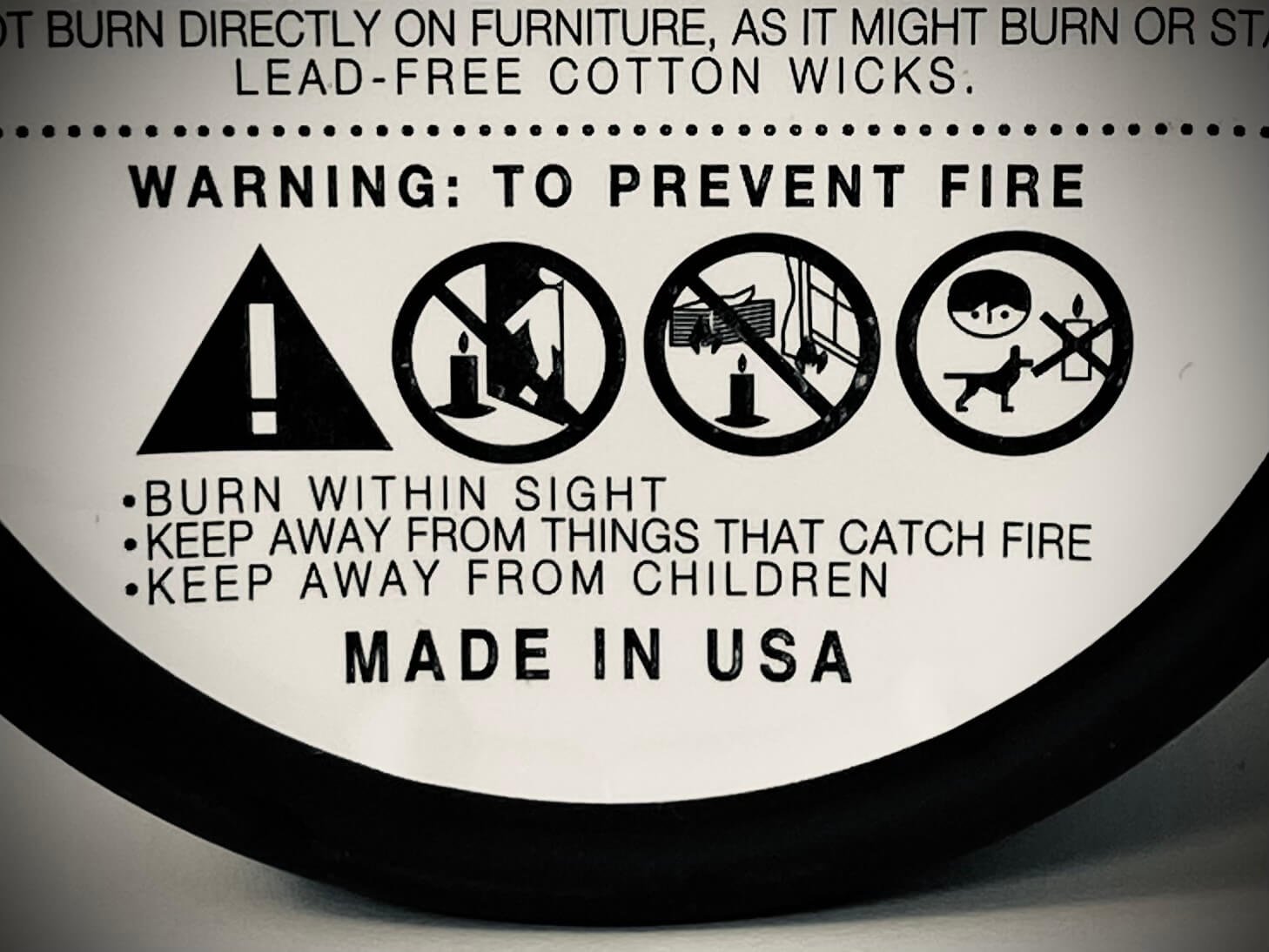Does Your Brand Really Matter To People...?
It's easy for a marketer or indeed a business to overestimate the strength of their brand. After all, they live and breathe it every day. Havas first warned us back in 2008 that consumers in Europe and US wouldn't care if more than 90% of brands disappeared. And look what's happened since then. Media has virtually atomised, content has exploded, and personal and consumer communication has intermingled to such an extent that brands now compete for attention with people's families and friends. Today's simple reality is that to gain any kind of attention, a brand has to really matter.
But what makes a brand matter? A marketer would like to believe that it's down to telling a great story that’s memorable. But in truth it comes back to three fundamental issues:
A brand has to be useful, by improving people's lives in some way.
This could be through saving them money or time perhaps, or by making them happier or healthier. But it's no longer just about the product or service on offer. It now encompasses the whole experience a customer has interacting with a brand: if takes too much effort, then it's not useful. Indeed, Jay Baer has suggested that a brand's marketing itself has to be useful, to earn its place in people's lives.
A brand has to be likable.
This used to be achieved by creating an engaging image through advertising. However, today customers can assess what the brand really values by the experience of interacting with it, and then decide whether or not they have anything in common with it. And as Havas has shown, they expect brands today to support the environment, the economy and the community. Consequently, a brand needs to be clear what impact it intends to have on the world, and then use that to drive its behaviors as well its communications.
A brand has to be loyal.
Customers want to feel appreciated and listened to, and know that they can trust the brand to look out for their interests. However, United Airways is only the latest in a long line of companies whose behaviors demonstrate that they are focused instead on advancing their own self-interest. Unsurprisingly, US consumers only trust a fifth of brands to do the right thing.
Of course, brands still need to reach out and engage people in a memorable brand story, so that they can attract customers. And with the customer journey so fragmented thanks to digital, a whole new set of tools and skills are required to tell the story effectively. But unless these three fundamentals are in place, all that effort is not going to matter anyway...









